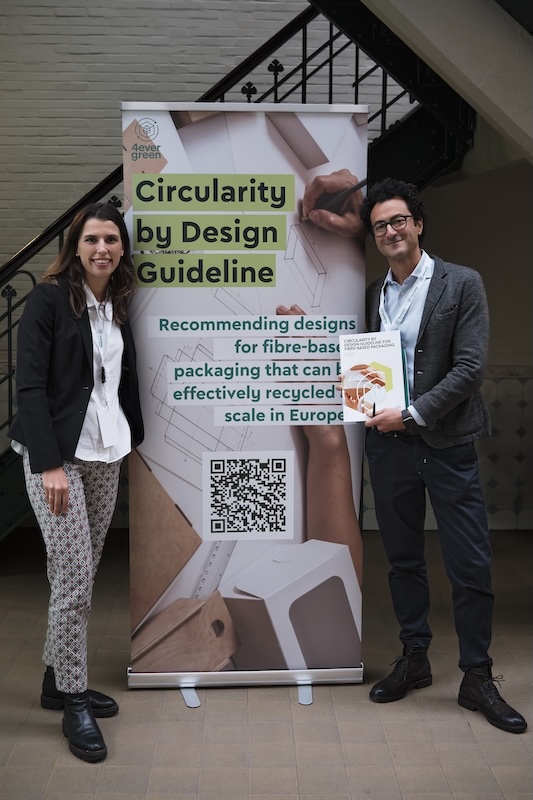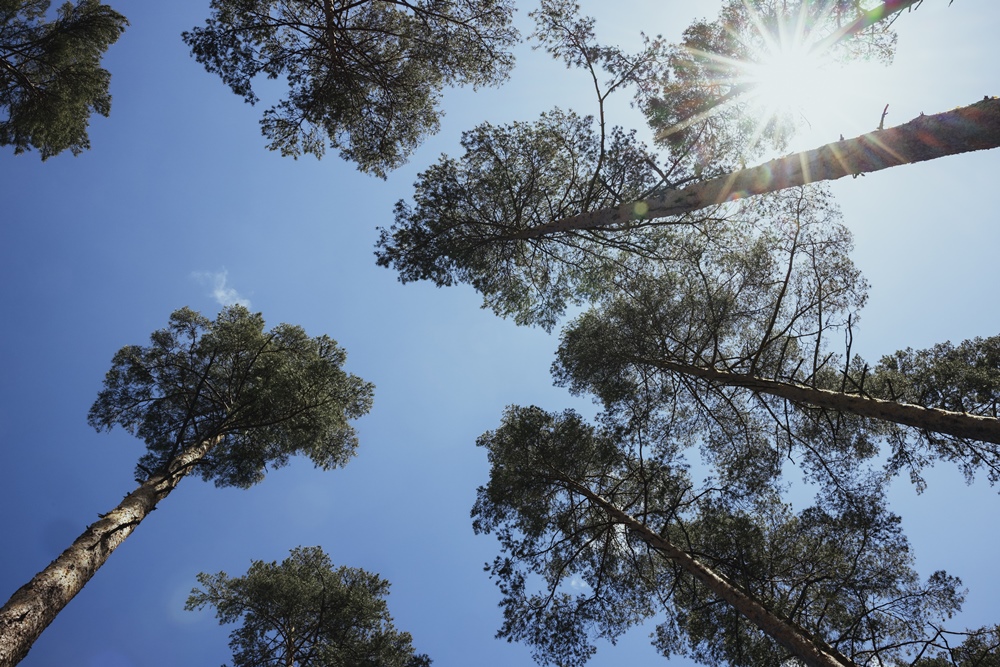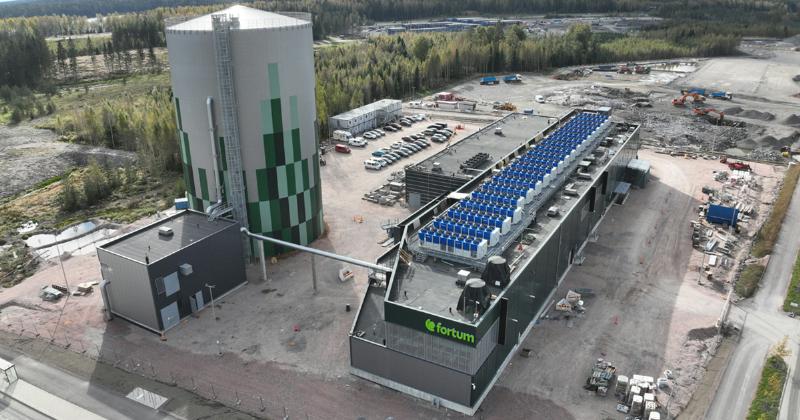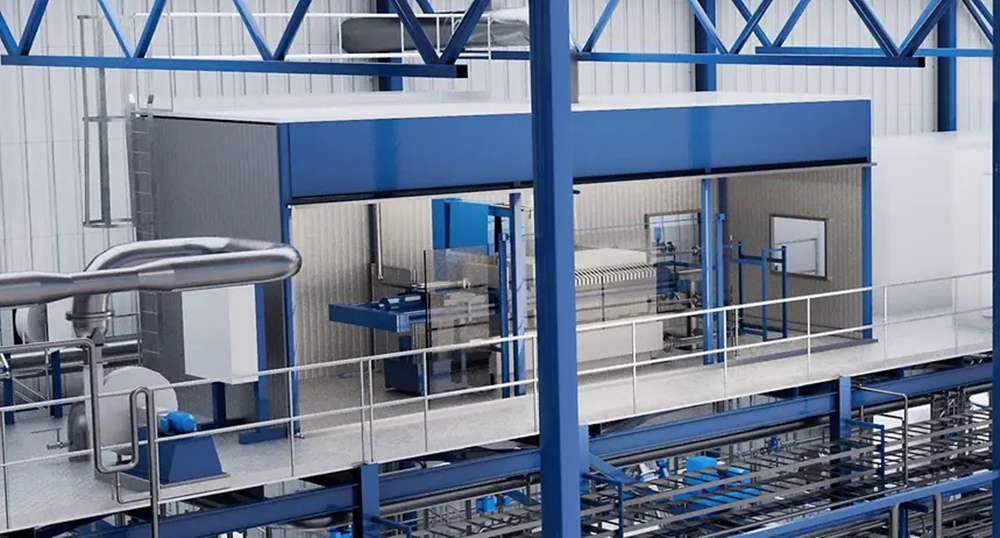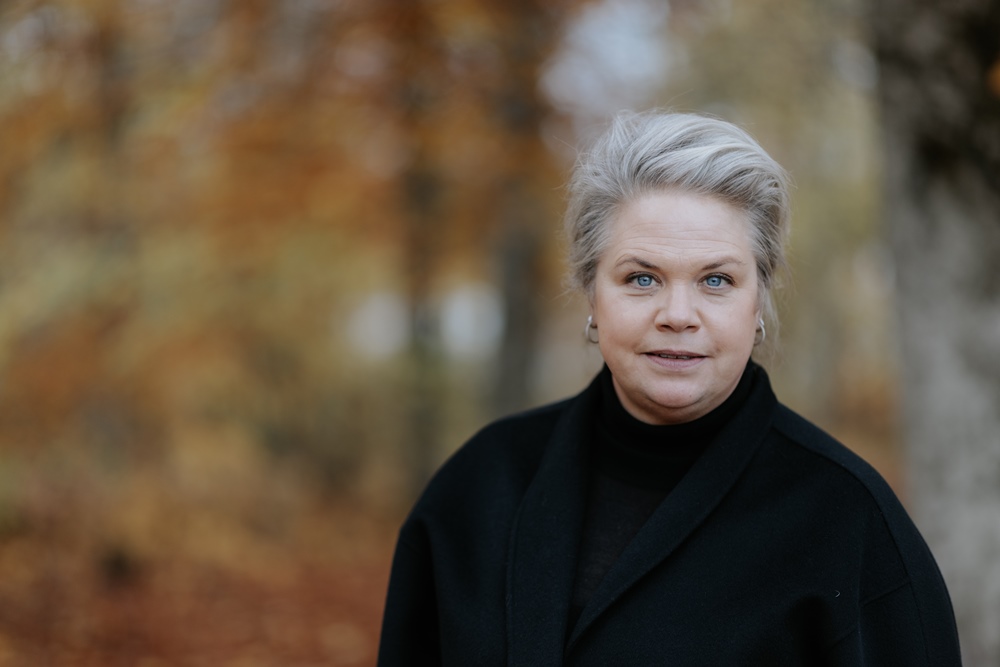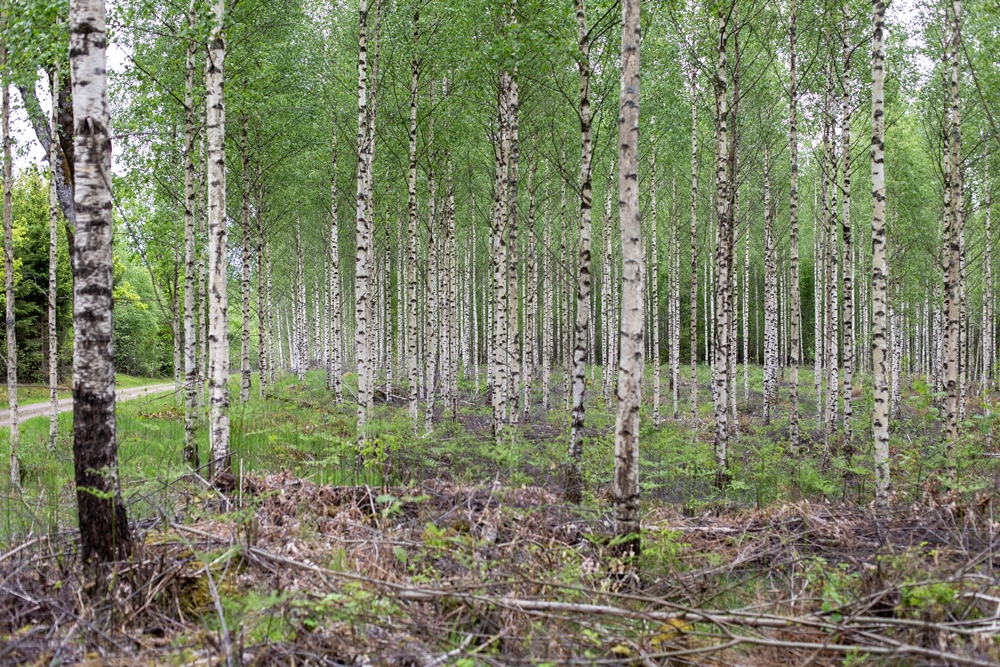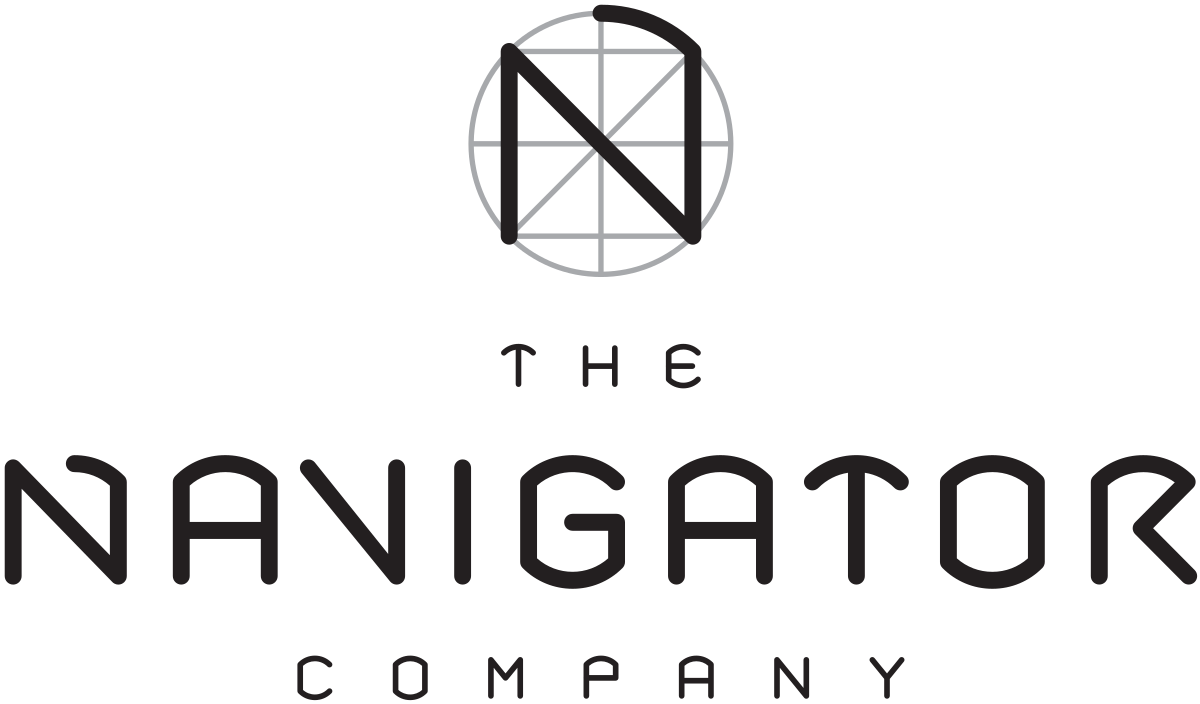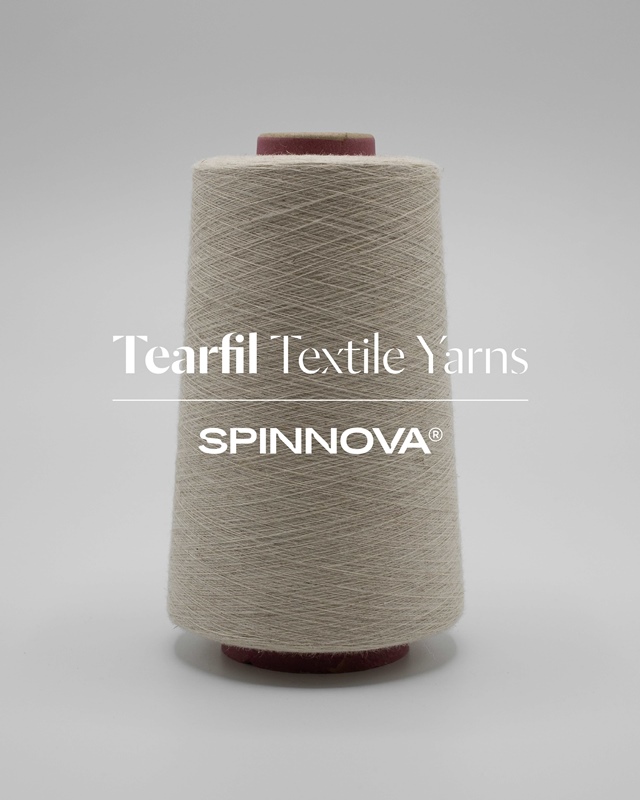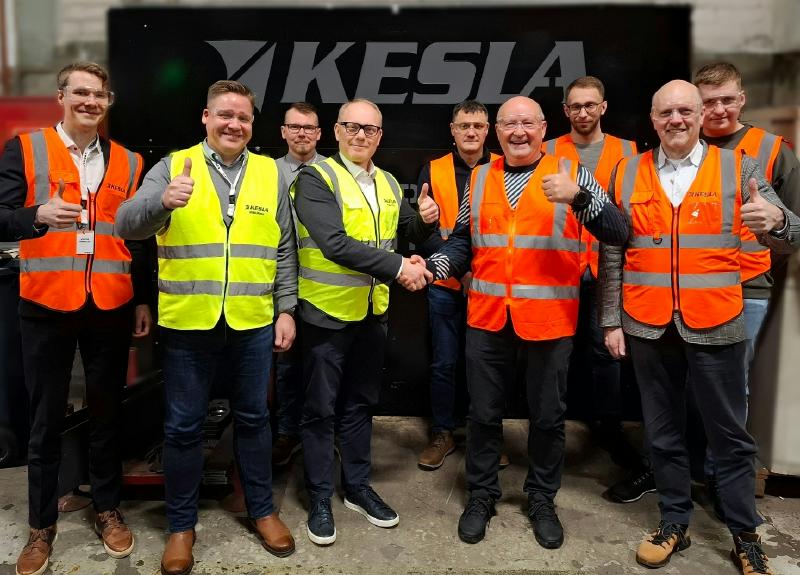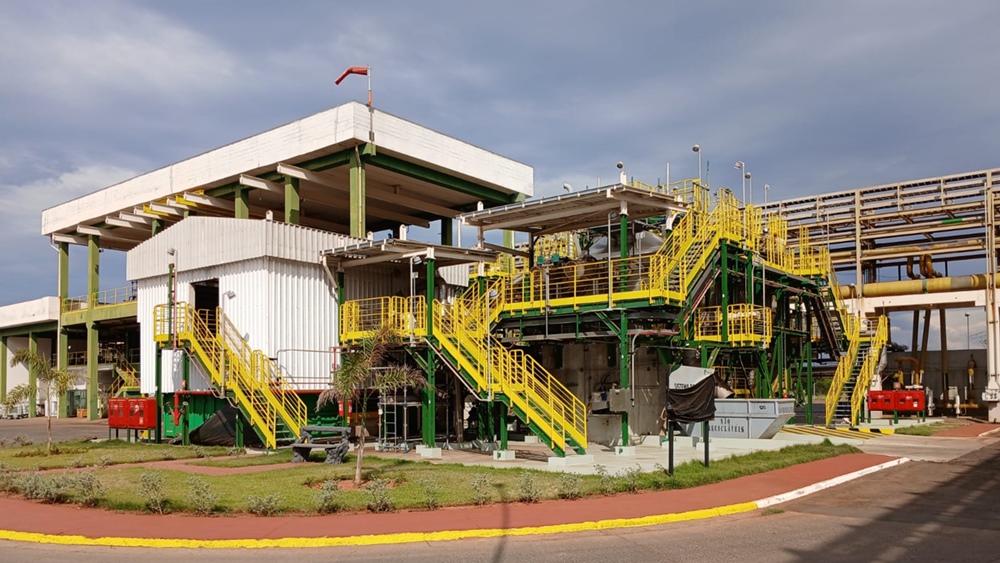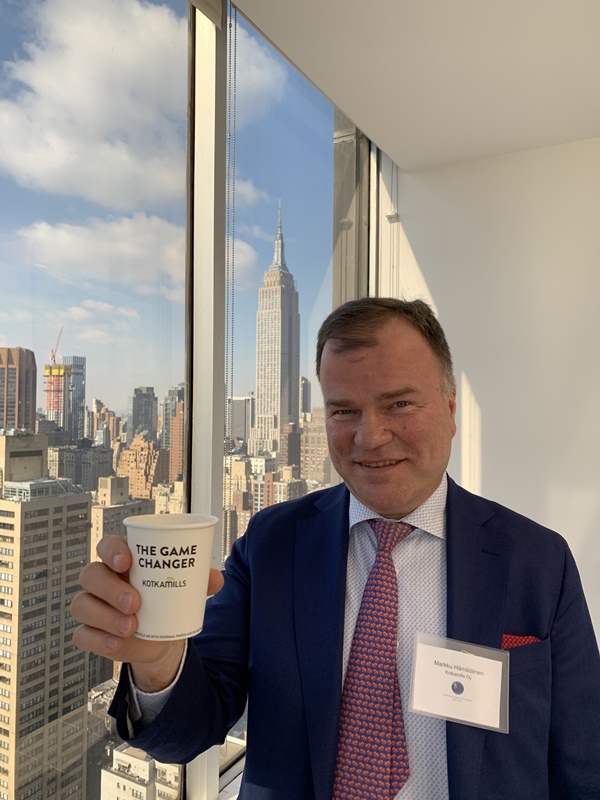News
4evergreen publishes updated Circularity by Design Guideline and enhanced Collection & Sorting Guidance
The 4evergreen alliance has published major updates to two cornerstone documents in its Technical Toolbox, supporting Europe’s transition to high-performance recycling systems under the Packaging and Packaging Waste Regulation (PPWR). Terminology and definitions have been revised to reflect the latest PPWR and CEN developments, ensuring full technical consistency with emerging standardisation parameters. The scope of 4evergreen remains unchanged; these updates are strictly linguistic and standardisation-driven. For example, certain descriptors are being aligned from “fibre-based” to the more technically precise and CEN-conformant “paper-based” terminology.

Södra divests its shares in Sunpine
Södra has reached an agreement to divest its shares in Sunpine AB to VAROPreem. The transaction is pursued together with shareholders Sveaskog AB and Lawter B.V., a subsidiary of Harima Chemicals Inc., and is now undergoing the necessary approvals before it can be completed.

Valmet’s automation boosts energy production flexibility at Fortum in Finland
Valmet is to deliver energy balance and district heating accumulator optimization solutions to Fortum’s energy production plants and assets in Espoo, Finland. The new solutions will be integrated with Fortum’s existing Valmet Distributed Control System (DCS), leveraging advanced automation and predictive energy management. The mission-critical solutions enhance the company’s flexible and reliable participation in electricity reserve markets while improving the cost efficiency of district heat production.

Metsä Group and Andritz start up demo plant for new lignin products
Metsä Group and Andritz have successfully started up a new demonstration plant for lignin refining at Metsä’s Äänekoski bioproduct mill in Finland, marking an important step in the shift toward circular and renewable material solutions. The plant will enable Metsä Group to add new lignin products to its offering, while Andritz brings its LigniOxTM lignin recovery technology to demonstration scale.The project also involves Dow, a leading material science company, that collaborates with Metsä Group and Andritz to develop bio-based plasticizers for concrete and gypsum applications with modified lignin from the demo plant.

Challenging market conditions burden Södra’s 2025 earnings
Södra reported a sharp decline in earnings for 2025, impacted by weak demand, exchange rate effects and higher raw material prices. Operating loss amounted to SEK 1,290 million and the Board of Directors proposes a profit distribution to the members of Södra of SEK (616) million. During the year, Södra implemented extensive streamlining and improvements to its operations. A far-reaching action programme was also launched in response to the current situation and to continue to create long-term value for the forest estate.

Södra’s divestment of its forest holdings in the Baltics is now completed
The agreement between Södra and the Ingka Group’s investment company, Ingka Investments, regarding Södra’s forest holdings in the Baltics has now been approved and finalised.

SCA awarded Gold in EcoVadis Sustainability Rating
SCA has been awarded a Gold Medal in EcoVadis’ global sustainability assessment for 2025. At the same time, the company’s overall score has increased from 78 to 79, placing SCA among the top five percent of companies worldwide. EcoVadis is one of the world’s leading providers of independent sustainability ratings, assessing companies across four main areas: Environment, Labor and Human Rights, Ethics, and Sustainable Procurement.

The Navigator Company fights against climate change and deforestation
The Navigator Company is among the world's leading companies in the fight against climate change and deforestation. The company has once again achieved the highest rating of ‘A’ (Leadership) in the CDP Climate Change and CDP Forests questionnaires, reinforcing its top position in the prestigious CDP A-List for Climate and Forests.

Yarn spinning partner Tearfil continues to support Spinnova’s fibre and technology
Spinnova Plc has signed non-binding Letter of Intent (LOI) with Portuguese yarn spinning company, Tearfil Textile Yarns to secure access to Spinnova® fibre volumes. The LOI outlines an important step in Spinnova’s ambitions to create an ecosystem (consortium) to enable the availability of textile materials with sustainable Spinnova® fibre in the textile materials market.

Kesla sells the product rights of its previously discontinued wood chipper product group
Kesla announced in June 2025 that it had decided to discontinue its wood chipper product group as part of the company's strategic review. At the same time, the company initiated a sales process for the product rights related to wood chipper products. On 17 December 2025, Kesla signed an agreement to sell all product rights related to wood chipper products to the Lithuanian mechanical engineering company UAB Ukmergès Staklès.

Andritz starts up sludge drying plant at Eldorado Brasil Celulose
International technology group Andritz, which supplied the technology and developed the new biological sludge drying plant for Eldorado Brasil Celulose’s pulp mill in Três Lagoas, Brazil, celebrated the plant’s successful start of operations. This project represents another step forward in Eldorado’s strategies to transform waste into energy and enhance the environmental efficiency of its operations.

Kemijarvi Biorefinery appoints Dr. Markku Hämäläinen to its Board of Directors
Kemijarvi Biorefinery Ltd. is pleased to announce the appointment of Dr. Markku Hämäläinen as a new member of its Board of Directors, effective 1 January 2026. Dr. Hämäläinen brings decades of international leadership experience in the forest industry, paper and board manufacturing, and large-scale industrial transformation.




